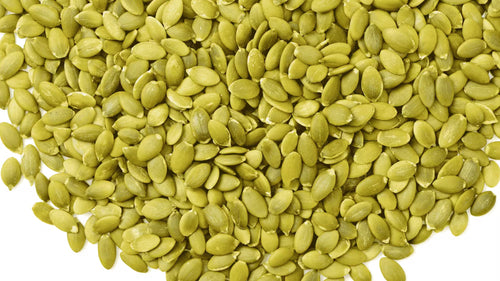
Bitter Gourd Taste: Causes, Solutions, and Tips
Quick answer: 🎃 Bitter gourd: causes and quick solutions — The bitter taste of a squash almost always comes from the presence of cucurbitacins, natural substances sometimes concentrated due to plant stress (drought, hybridization, cross-pollination). You should not eat a very bitter squash, as it can be toxic! If the bitterness is slight, remove the skin and seeds, cook it well, but if in doubt, throw it away without hesitation 🚫.
Why does a squash sometimes taste bitter?
If your squash tastes bitter , it's usually because of cucurbitacins 🧪, natural substances produced by the plant to defend itself. Normally, squashes grown for consumption (butternut, squash, pumpkin, etc.) contain tiny amounts, undetectable to the palate. But sometimes, certain factors such as cross-pollination between ornamental and edible varieties, or even water stress (lack of water, excessive heat) can increase their concentration. Result: bitterness appears, and it's not just a taste nuisance... 😬
To learn more about the phenomenon, consult this scientific fact sheet on bitter gourds .
Is it dangerous to eat bitter gourd?
Yes, you should never eat a very bitter squash ! Cucurbitacins are toxic to humans: they can cause nausea, vomiting, diarrhea, and even more serious symptoms if the quantity is large 🤢. Even when cooked, the bitterness does not disappear completely and the toxicity remains. When in doubt, it is better to throw the squash away than risk food poisoning.
For your safety and that of your family, always taste a small piece of raw food before cooking. If it tastes bitter, throw it in the trash 🚮.
How to avoid bitter-tasting squash?
- Choose squash from reliable producers or local supply chains, such as Neary butternut squash or Lorraine pumpkin 🥰.
- Never use ornamental squash seeds or seeds from unsafe crosses for home growing.
- Water the plant in the vegetable garden regularly to avoid water stress.
- Avoid planting zucchini, pumpkins and squash too close together: cross-pollination promotes bitterness.
- If you buy a squash at a market or from a private individual, don't hesitate to ask about the origin and the type of seed used!
A squash is a little bitter: what to do?
If the bitterness is very slight, you can sometimes reduce it by completely removing the skin and seeds, then steaming or baking the flesh for a long time 🔥. But if the bitter taste persists or seems strong after cooking, do not eat the squash . Prevention is better than cure!
To avoid waste, consider preparing recipes where the squash is well cooked and blended, such as a soup with mild spices or coconut milk 🥥. But again, if the bitterness remains, we don't take any risks !
Which squashes should you choose to avoid bitterness?
Varieties known for their sweetness are ideal! You can turn to butternut squash , Lorraine pumpkin , or other butternut squashes. They offer a mild, sweet flavor, perfect for soups, gratins, or air fryer cooking 😋.
- Butternut: sweet, melting, very popular with children
- Pumpkin: nutty flavor, velvety flesh
- Musquée de Provence: great for gratins
Avoid gourds and decorative squashes, which are reserved for decoration and not for the plate! 🎨
- Learn more about bitter gourd toxicity
- Sweet Butternut Neary
- Lorraine Pumpkin
- Air fryer recipe ideas








Comments (0)
There are no comments for this article. Be the first one to leave a message!